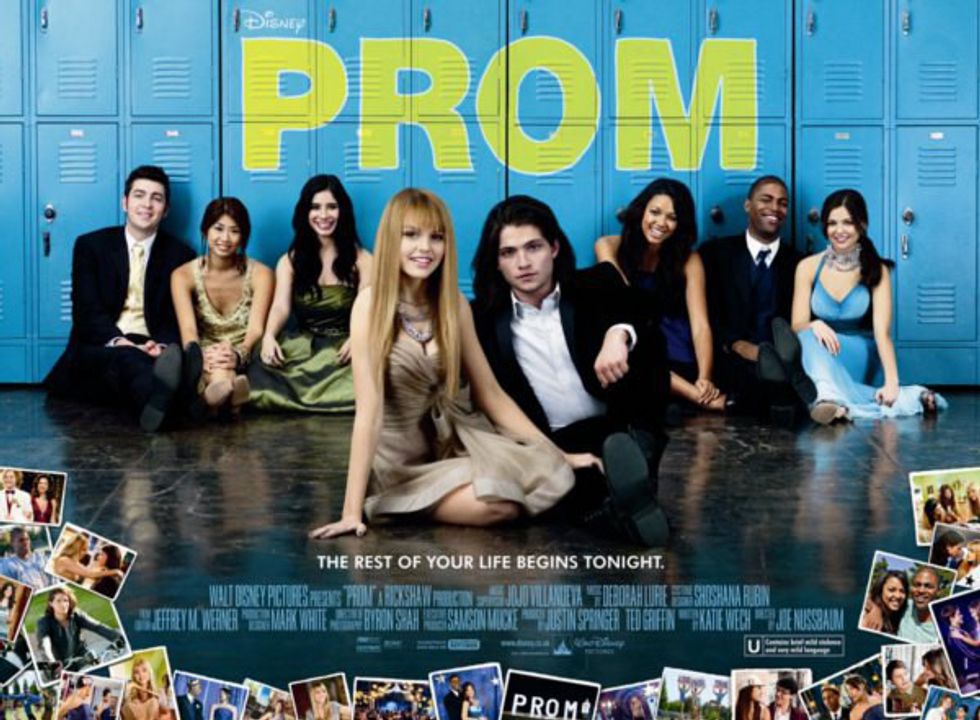Oh, prom: that staple tradition of nearly every American high school that simultaneously causes so much stress, drama, and joy in the lives of soon-to-be graduates. An enormous amount of hype surrounds this iconic night, making it feel like more trouble than it’s worth at times. As fun as prom can be for many students, it also comes with a host of problematic, less desirable aspects. I think it’s time that we think outside the box and reimagine what prom night should and can be.
First, let’s take a quick peek at how it all started. The original promsback in the nineteenth century were actually held for graduating college students. These dinners or banquets were usually attended by students of both all-male and all-female universities as a way for young adults to learn how to “properly socialize” with members of the opposite gender. Eventually these dances made their way to the high school setting in the early twentieth century, although they were much less demanding in terms of preparation and expenses than they are today. After the 1950s, proms began to play an all-important role in the quintessential American high school experience, as the standards rose higher and higher.
Today, prom is often idealized as a magical, perfect night, an image surely perpetuated by movies such as Prom (2011). (Notice the tagline of this movie: "The rest of your life begins tonight.") While prom is a great night for many students, it’s important to consider that it may not be such a pleasant experience for others.
For one thing, there can be a significant financial barrier between some students and their ideal prom night. The results of a survey conducted by Visa in 2015 showed that “the average US family plans to spend about $919 on a prom-going teen,”making this tradition an instant enemy of wallets everywhere. Faced with the supposed expectation of having to spend a small fortune on this one night, many students who can’t afford to spend this extra money may opt not to go to prom at all. The shopping list for prom can certainly be a long one: a dress or tux, shoes, flowers, tickets, a ride (whether it be gas money for your own car or a limo), hair, nails, make-up, etc. Why do we allow one of the biggest high school traditions to be so monetarily exclusive?
Then there is the issue of the heavy emphasis placed on coupling up. From elaborate "promposals" months before to the “prom walk” and crowning of Prom King and Queen on the night of, seemingly every aspect of this tradition screams: “romantically involved heterosexual couple.” But what if you’re not heterosexual or comfortable identifying with a particular gender? Moreover, what if you’re just not dating anyone at the time? Personally, at my prom it felt like you absolutely had to go with a date, even if that date ended up being that guy you only talked to twice in your history class. If prom is supposed to be fun for everyone, then why is it associated with all of these social pressures and parameters?
Now, I’m not saying that prom is entirely bad, because it certainly has numerous positive elements: celebrating the end of high school, spending time with friends, fostering a sense of tradition and unity among students, etc. However, there’s absolutely no reason that prom night should feel so exclusive, restrictive, or uncomfortable for many students. I believe it’s time for us to reimagine prom so it is more inclusive, open, and enjoyable for all. Maybe then it would truly be as magical as the movies promise.




















